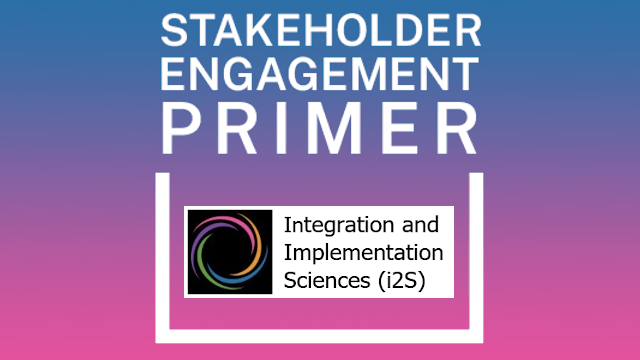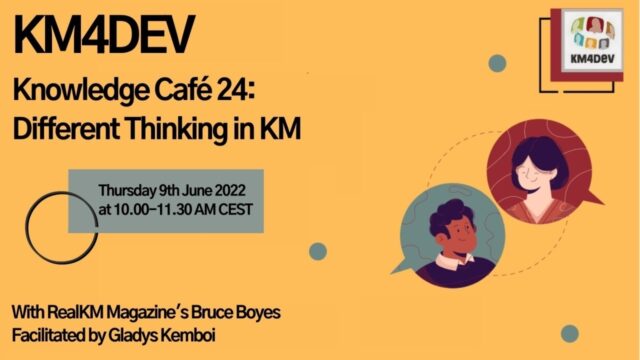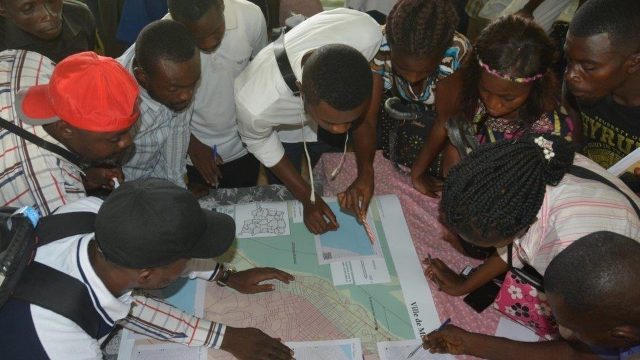
Stakeholder Engagement Primer – Integration and Implementation Insights
As we’ve previously highlighted in RealKM Magazine, multi-stakeholder processes are important in knowledge management (KM) because the resolution of complex, socially embedded problems needs to involve different sources and types of knowledge.
But how to effectively engage stakeholders? In a series of ten posts on the Integration and Implementation Insights blog, Professor Gabriele Bammer outlines the basics of stakeholder engagement, defining a skillset that will work for many problems and in a variety of contexts. While this stakeholder engagement primer is aimed primarily at researchers, much of the skillset is applicable more generally.
Presenting the stakeholder engagement primer series in blog post format has facilitated comments on each post, providing the opportunity for additional insights and learning.
The ten blog posts are:
- a. Why a primer? b. Defining stakeholders
- Identifying stakeholders
- Selecting stakeholders
- Options for engagement
- Choosing engagement options
- Making engagement effective
- Listening and dialogue
- Generating ideas and reaching agreement
- Evaluating engagement
- Advanced skills.
Biography
 |
Gabriele Bammer PhD is Professor of Integration and Implementation Sciences (i2S) at the National Centre for Epidemiology and Population Health at The Australian National University in Canberra. i2S provides theory and methods for tackling complex societal and environmental problems, especially for synthesis of disciplinary and stakeholder knowledge, understanding and managing diverse unknowns, and providing integrated research support for policy and practice change. She is also a member of blog partner PopulationHealthXchange. |






